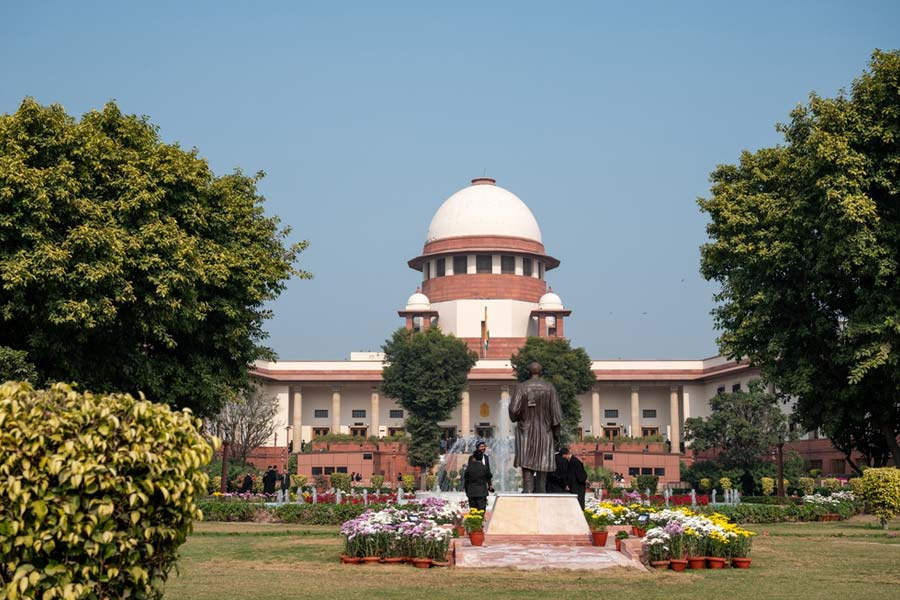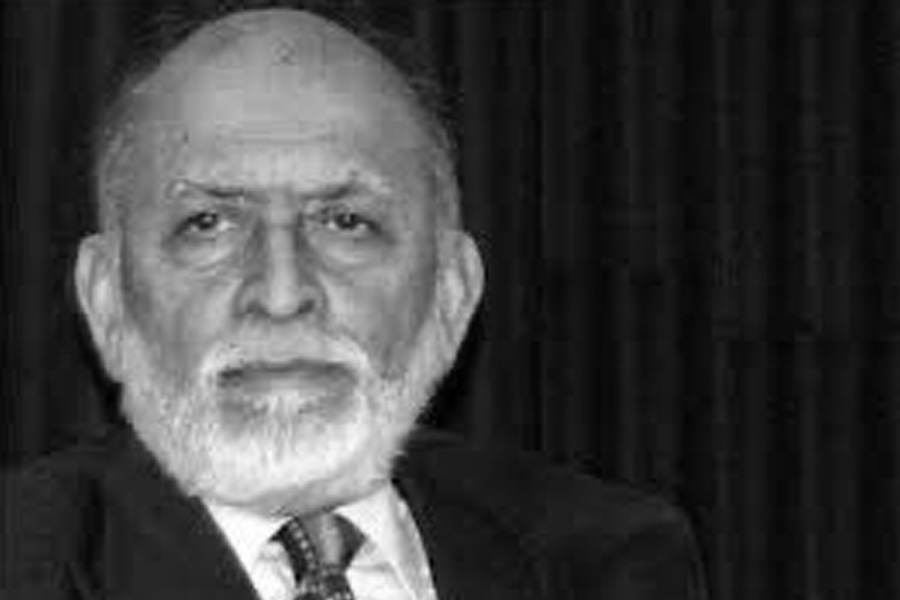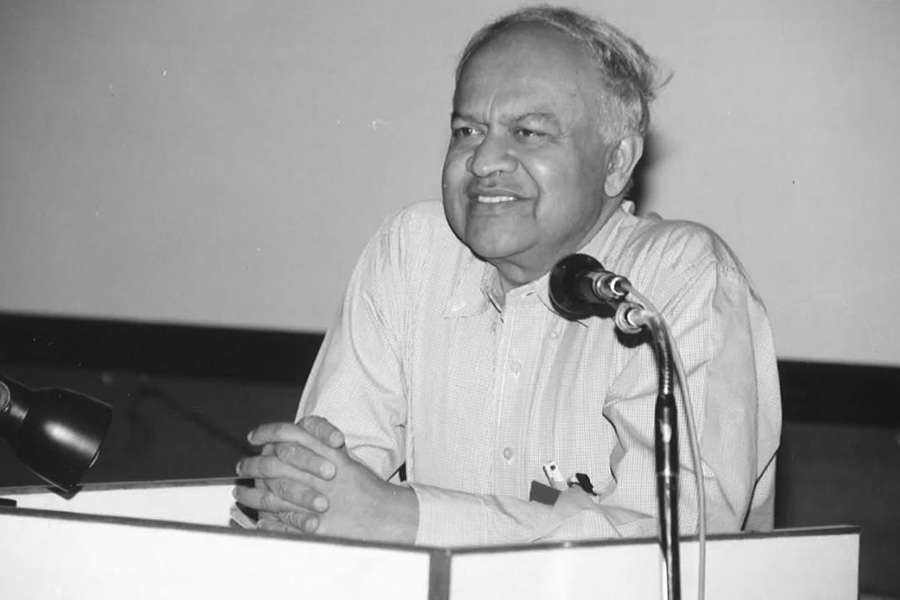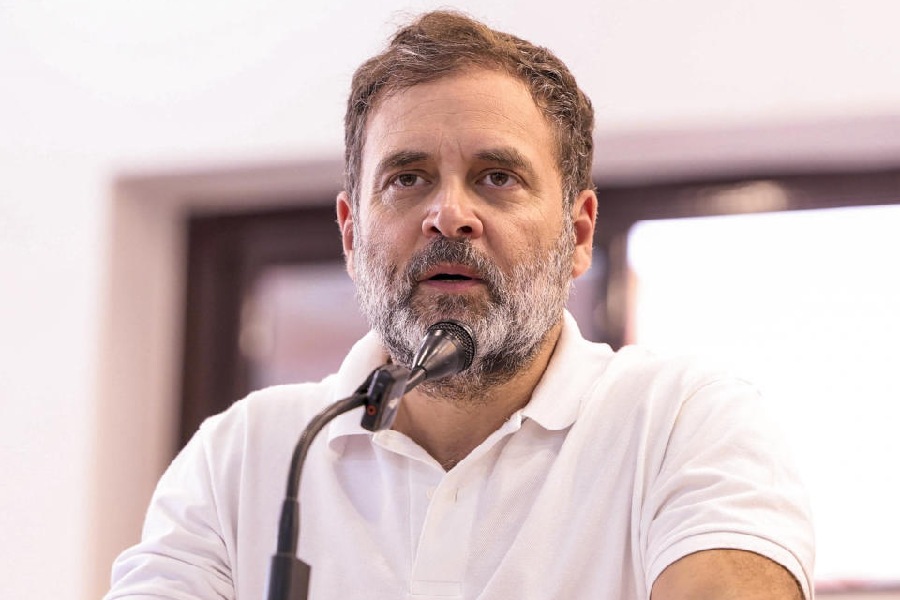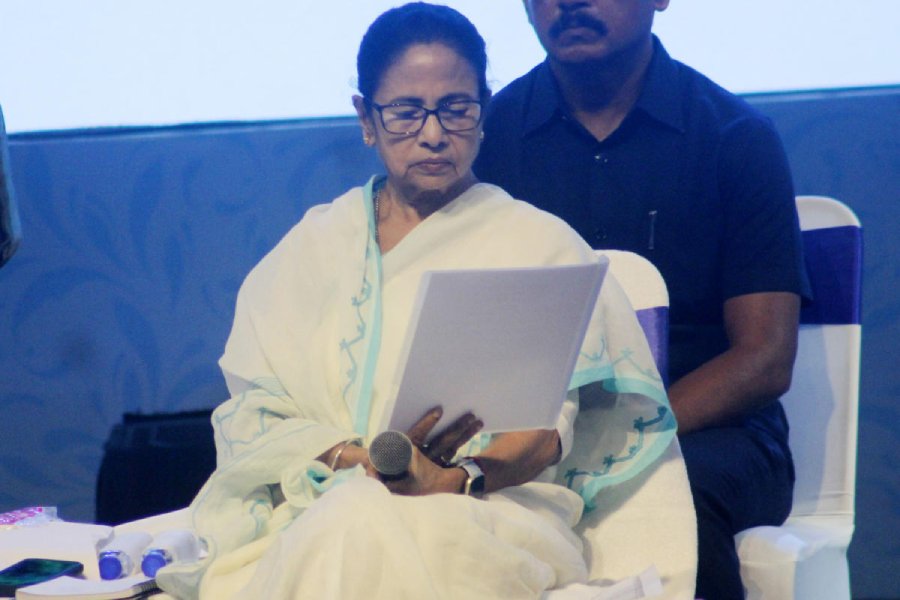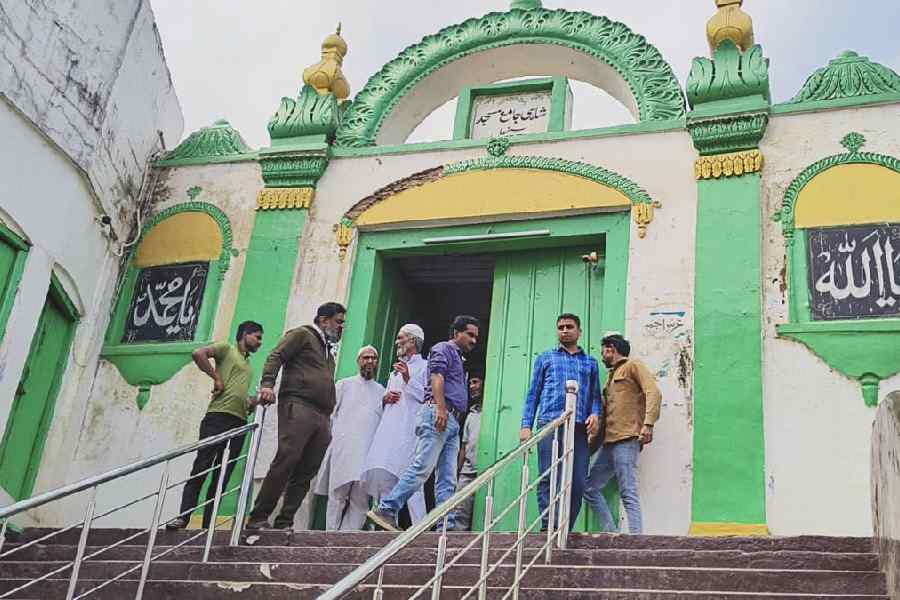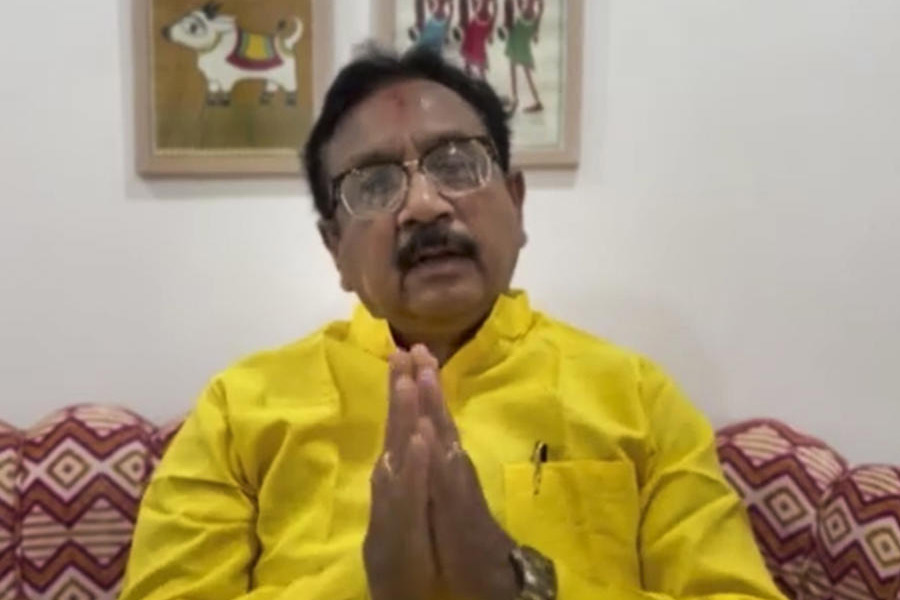 |
Guwahati, June 14: In a breakaway from the T20 and European soccer hullabaloo, the North East Zone Cultural Centre plans to boost the indigenous sports that television has made us forget.
Fifty-five year-old Abhijit Sarma recollects his tang-guti (gilli danda) days four decades ago, while his friend Souvik Ghosh nostalgically displays the fading injury mark of a catapult hit he had received on his forehead. Be it tang guti, kukura juj (cock fight), bamboo stilt race, pesi te ongpu or tug-of-war, many indigenous games are now a part of the people’s memory.
However, children might rush out again after school to play these games, with the zonal centre planning to promote the indigenous games of the region. “The idea to promote indigenous games was conceived during the Mizo Indigenous Games Festival last month. These games are a part of our culture and we are planning to conserve them,” said the director of the centre, Som Kamei.
The centre, according to Kamei, has been promoting traditional sports at various events. “Last year, during the Hornbill Festival, foreign tourists were very interested in learning the traditional games that were organised. We have heard about the World Wrestling Federation, but we also have traditional wrestling in Manipur. Pesi te ongpu refers to traditional Naga pole climbing. The young generation hardly knows about these,” said Kamei.
The zonal centre is now identifying universities, agencies and NGOs which can collaborate in this project.
“We will start mapping places where these traditional games are still popular. For example, during the Mizo indigenous games festival we saw a huge participation in games like kalchet (bamboo stilt race), in buan (wrestling), rulpui ludin (to stand on one’s head) and others. After identifying these games, we will promote these at various events across the country,” said Kamei.
The Assam Traditional Sports Association organised the Amar Khel Amar Dhemali in Hajo in 2008. The following year, this festival of traditional games was held in Guwahati. “We got a good response. Such games, if promoted properly, can be a source of economic support for the practitioners. These games are played mostly in rural areas during festivals like bihu. It will be very helpful if the authorities take steps to promote these games,” said the president of Assam Traditional Sports Association, Taher Ahmed.


